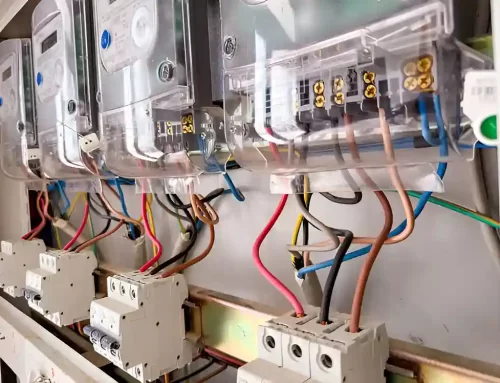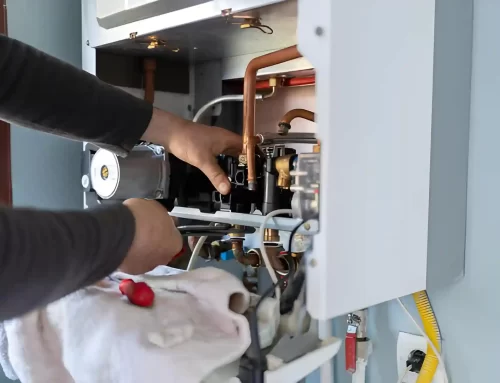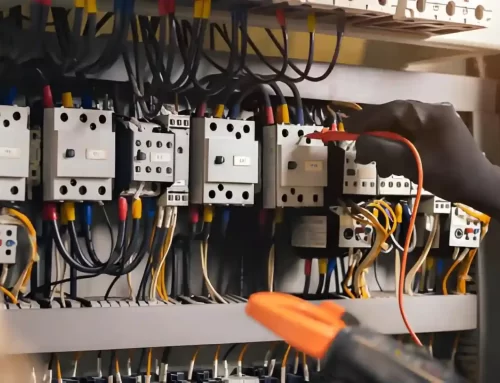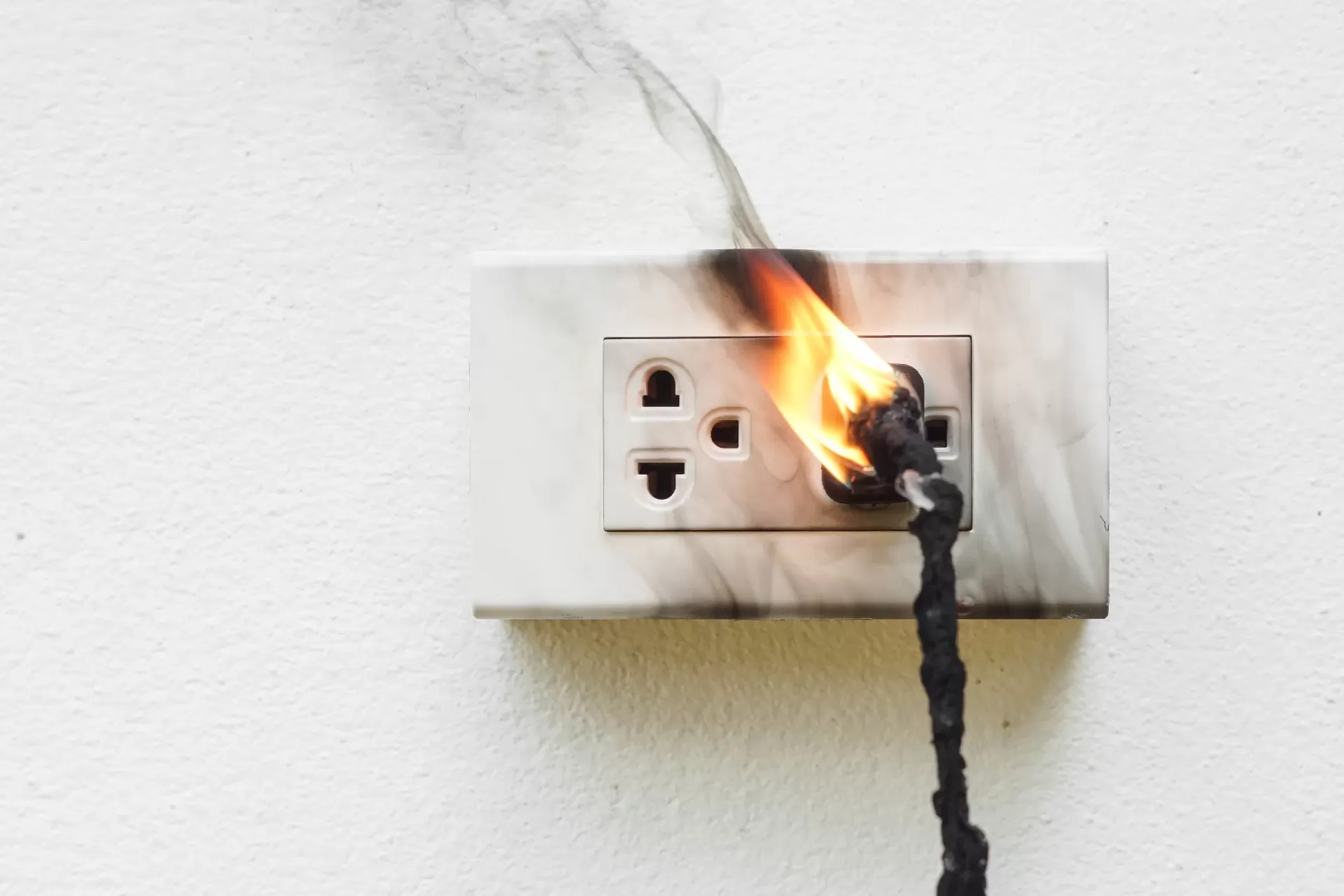
Like a vigilant guardian, the Electrical Installation Condition Report (EICR) stands as a crucial shield against potential electrical hazards lurking within our homes. With its ability to unveil hidden dangers and ensure compliance with safety standards, the EICR plays a pivotal role in maintaining a secure electrical environment.
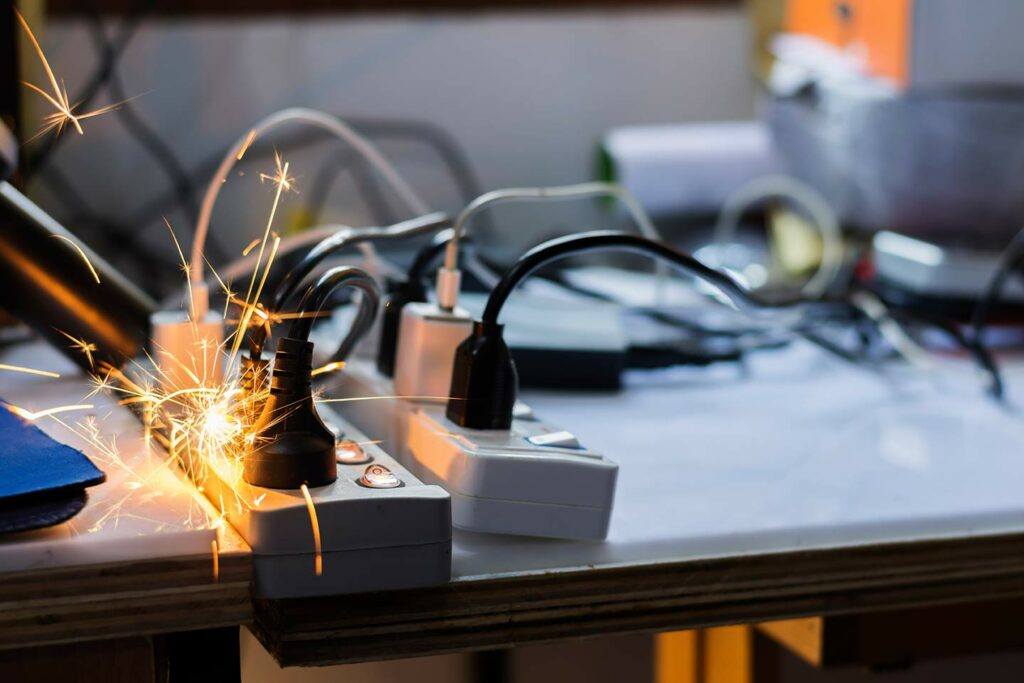
However, its significance goes beyond mere inspection; it is a cornerstone in the realm of electrical safety, offering a proactive approach to safeguarding our homes. Join me as we unravel the layers of protection that EICR inspections provide, ensuring a safe haven for all who dwell within.
Understanding Regular Electrical Maintenance
Regularly conducting comprehensive electrical system inspections is crucial for ensuring electrical safety and compliance with regulations. For owner-occupied properties, these inspections should be done every 10 years, and for rented homes, they should occur every 5 years. These Electrical Installation Condition Reports (EICRs) offer numerous benefits, such as identifying faults, defects, and non-compliance with safety standards.
By hiring certified electricians for these inspections, preventive maintenance measures can be implemented to reduce the probability of hazardous situations. The thorough nature of these electrical inspections aids in hazard prevention, ensuring a safe environment for occupants.
EICRs play a vital role in maintaining the integrity of electrical systems, promoting safety, and adhering to regulatory requirements, ultimately safeguarding against potential risks and hazards.
Recognizing Signs of Electrical Issues
Transitioning from understanding regular electrical maintenance, a key aspect in ensuring electrical safety is recognizing signs of electrical issues. Electrical troubleshooting techniques are vital in identifying common electrical problems like flickering lights, tripping circuit breakers, buzzing outlets, warm sockets, or discolored power outlets.
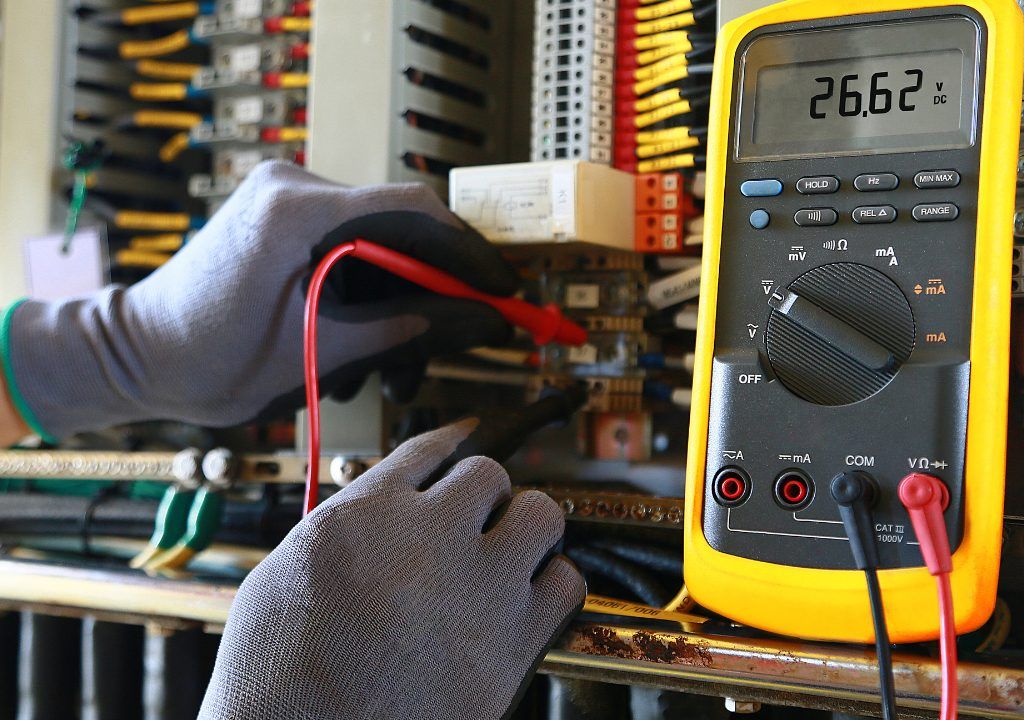
These signs can indicate potential hazards, making early detection crucial for effective electrical hazard prevention. Being vigilant and proactive with these electrical safety tips can help prevent accidents and ensure home electrical inspections are thorough and reliable.
When in doubt, contacting professional electricians for a detailed investigation and prompt action is recommended to address any underlying electrical issues promptly.
Implementing Home Safety Precautions
To ensure optimal home safety, it’s essential to implement key electrical precautions diligently. Testing appliances regularly is crucial to prevent malfunctions that could lead to hazards. Fire prevention measures, such as installing and testing fire alarms meeting safety standards, are imperative.
Cable maintenance shouldn’t be overlooked, as damaged cables can pose serious risks. Safety awareness is key; educating household members on electrical safety measures enhances hazard prevention. By adhering to these practices, the risk of electrical accidents can be significantly reduced, ensuring a safer living environment for all.
Taking proactive steps in testing, prevention, and maintenance is vital in safeguarding your home against potential electrical dangers.
Importance of Professional Assistance
Seeking professional assistance from certified electricians is essential for ensuring the safety and compliance of your electrical systems. Safety expertise is paramount when dealing with electrical installations to prevent hazards and ensure the well-being of occupants.
Certified electricians offer emergency response services, providing immediate assistance during critical situations. Their compliance assurance ensures that all electrical work meets the necessary regulations and standards, mitigating risks of non-compliance.
Benefiting From Ideal Electricians Services
When considering electrical services, leveraging Ideal Electricians’ expertise ensures efficient and compliant solutions for your property’s needs.

Ideal Electricians provide emergency support, ensuring prompt assistance in urgent situations. With their services, homes become hazard-free environments, addressing potential risks proactively.
Compliance assurance is guaranteed as Ideal Electricians are trusted professionals who adhere to safety standards diligently. Their expertise offers peace of mind, knowing that your electrical systems are in capable hands.
Comprehending Landlords Electrical Safety Regulations
Understanding the regulations surrounding electrical safety for landlords is imperative in ensuring the well-being of tenants and compliance with legal standards. Landlords have specific legal requirements to meet, including ensuring safe electrical installations in rented properties. Regular inspections and testing by qualified individuals every five years are mandatory.
Landlords must provide tenants and local authorities with copies of electrical safety reports, demonstrating compliance. The inspection process involves identifying potential electric shock risks, fire hazards, and defective electrical work. Non-compliance poses risks such as increased liability for injuries and insurance coverage denial in case of electrical fires.
Mitigation strategies include proactive hazard addressing and emphasizing electrical safety to tenants. Implementing safety measures like keeping flammable materials away from electrical sources and installing smoke alarms are crucial for property protection.
Frequently Asked Questions
What Are the Consequences of Not Conducting Regular Electrical Inspections in a Property?
Neglecting regular electrical inspections in a property poses significant safety risks, legal implications, insurance coverage denial, property damage, and financial burden. Timely inspections ensure hazard prevention, compliance, protection, and cost savings. Prioritizing safety is paramount.
How Can Faulty Electrical Wiring Lead to Potential Fire Hazards in a Home?
Faulty connections or overloaded circuits can ignite fires in homes due to frayed wires, exposed cables, outdated equipment, or poor insulation. Ignoring warning signs, lack of maintenance, and DIY repairs without expertise exacerbate fire risks.
What Are the Common Mistakes That Individuals Make When Trying to Fix Electrical Issues Themselves?
When individuals attempt DIY electrical fixes, safety risks increase due to inexperienced handling. Common mistakes include incorrect repairs and improper installations, leading to potential hazards. Trusting professionals ensures safety and code compliance.
How Can Outdated Electrical Installations Impact the Safety of a Property?
Outdated electrical installations pose risks to electrical safety, property value, and insurance coverage due to hidden dangers from electrical faults. Non-compliance with safety standards increases liability. Regular risk assessments and upgrades are crucial for safe electrical systems.
What Factors Should Landlords Consider When Choosing an Electrician for Their Rental Property Inspections?
When choosing an electrician for rental property inspections, consider their qualifications, adherence to inspection standards, understanding of maintenance requirements, implementation of safety protocols, and the validity of their certification. Hiring the right professional is crucial for compliance and safety.
Conclusion
In conclusion, Electrical Installation Condition Reports (EICR) serve as a crucial tool in preventing electrical hazards and ensuring safety in homes. By conducting regular inspections, identifying potential issues, implementing safety precautions, and seeking professional assistance when needed, homeowners can mitigate risks and maintain a secure electrical system.
Prioritizing electrical safety through EICR inspections is essential for creating a safe environment for both residents and tenants.
About the Author: LandlordCertificate
Related Posts
Get Social
Recent Posts
- EICR Safety Inspection: The Ultimate Checklist for Electrical Compliance
- Fast Fuse Box Installation London New Installations & Replacements
- Why Every London Landlord Needs an Asbestos Survey London and How to Get One Fast
- Gas Safety Certificate London in Listed Buildings: Unique Challenges & Solutions
- Emergency Lighting Testing Explained: Frequency, Procedure & Legal Rules


